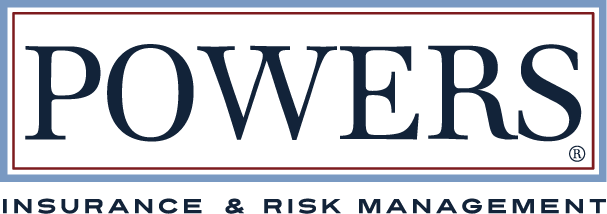If you’re a contractor, you most likely have Workers’ Compensation insurance, and if you have Workers’ Compensation insurance, you’ve probably been through an audit. If you’ve never had the pleasure of going through a Workers’ Compensation audit consider yourself to be lucky. The process is much like the financial version of a colonoscopy, but instead of searching for polyps, your insurance carrier is looking for potential changes to your premiums.
You may be wondering how to avoid an audit, but the simple fact is that you can’t. Unfortunately, the only variable you may be able to control during this delightful process is the amount your premiums might change.
Workers’ Comp: The Rundown
Workers’ Compensation Insurance is a policy that protects employers and employees from the financial impacts caused by an injury in the workplace. This is a polite way of saying that Worker’s Compensation Insurance protects employers from the ramifications of being sued by employees who are injured during, or because of, work. These polices typically cover losses in wages and medical expenses and are required for contractors in most states. In the states in which Workers’ Compensation Insurance isn’t required, it’s a good idea to have a policy anyway, at least if you’re a contractor who would like to stay in business after a lawsuit. In fact, any business that has employees should have Workers’ Compensation Insurance as it’s an important way to protect the company from workplace risks like:
- Accidents, such as machinery injuries and falls
- Repetitive motion injuries
- Illness that is a result of the workplace’s harmful environment and conditions
- Mental health detriments, such as stress and trauma
Any medical visits, lost wages, rehab, disability benefits, and survivor benefits resulting from these types of injuries are usually covered by a Workers’ Compensation policy.
So what is a Workers’ Compensation audit?
An audit typically takes place when a policy is renewed, canceled, or expired and occurs more frequently in construction or other high-risk industries. Workers’ Compensation audits are often performed remotely although the practice varies by state and, presumably, by how much you enjoy spending time with your auditor.
The purpose of an audit is meant to compare the predicted risks from your original premium to the actual risks and exposures your business has faced since then. Put more simply, carriers want to be certain that you’re paying the correct amount for your Workers’ Compensation policy. The process starts as both the insurance carrier and the business owner collaborate to predict the cost of the premium as well as the amount in premium paid based upon:
- Industry class codes
- Total payroll
- Coverage limits and deductibles
- Claims history and e-mod
- Implementation of safety programming and risk management practices
Essentially, the insurance carrier wants to verify that the company undergoing the audit paid the correct amount of premium based on the risks the company faced – both predicted and not.
Avoiding overcharges in your audit
Many insurance carriers serve a large client base which means that there are lots of companies to audit. As a result, most auditing protocols are streamlined and do not typically evaluate the specific risks of a particular business. Unless you are prepared, this “one size fits all” approach may result in a higher premium.
Preparing for the audit
Like many unpleasant diagnostic procedures, worker’s compensation audits are a regular occurrence, particularly in construction. The industry’s volatility often means that the typical audit formula may not account for the specific actions a company has taken to mitigate risk within the last year. To avoid being overcharged, a construction company’s decision makers need to prepare for their Workers’ Comp audit and:
- Have a comprehensive conversation about your current Workers’ Compensation policy.
- Understand the goals of your business and communicate them effectively.
- Review required documents you need to have prepared, such as:
- Tax records (federal quarterly 941s)
- Payroll records
- Certificates of insurance (including those for subcontractors)
- Employee information (class codes, duties, schedules)
- Ensure all of your questions have been answered.
It is important to understand your company’s particular risks so that you know when, or if, you are being overcharged at an audit.
After the audit
After the worker’s compensation audit, a few things will take place.
- You will want to take a long shower.
- The auditor will send you a detailed report regarding his or her conclusions.
- Based upon how these conclusions compare with your premium you will either receive a refund (yay) or a rate hike (boo).
If you disagree with the findings of your audit and receive a hike in your premium, you can file a dispute. If you disagree with the findings of your audit and receive a refund, congratulations upon the strength of your moral convictions.
If you receive a large hike to your premium you may employ a pay-as-you-go method where your company is billed monthly based upon payroll to allow the company to adjust to the premium increase.
Let us work with you
POWERS Insurance & Risk Management stands by your side. We understand the unique risks that construction businesses face. We want to help you understand those risks, and prepare accordingly.
Our role is to help you select the insurance product that best suits your needs, ensuring you maximize the benefits of your policy. We will collaborate with you to develop an integrated risk management plan, empowering you to make informed business decisions.
Schedule a free consultation today.
